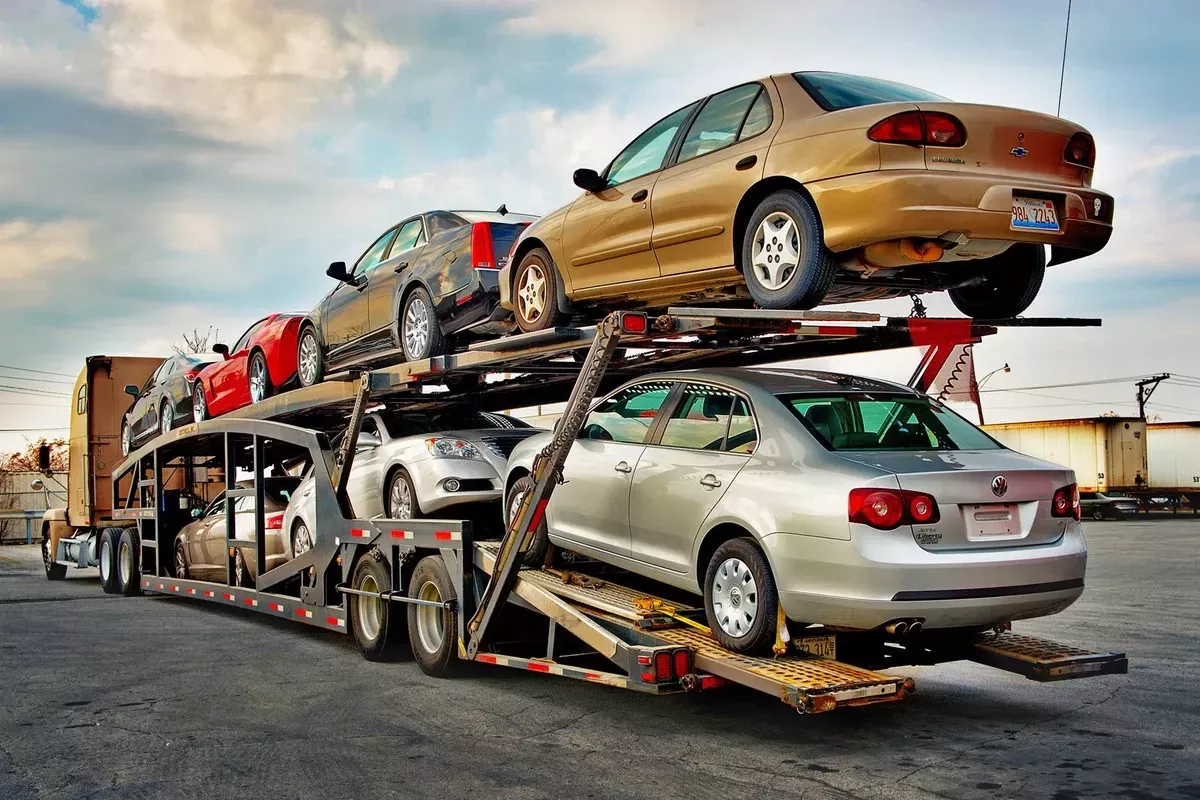“Celestial wheels” are transforming Azerbaijani roads The Chinese car Takeover of the auto market
In the post-pandemic era, China has secured a dominant position in global passenger car production, surpassing leading automakers from the United States, Japan, South Korea, and the European Union. Today, China accounts for roughly 30% of worldwide car production and also leads in passenger car exports.
In recent years, Chinese automotive brands have rapidly gained ground in the Azerbaijani market, steadily pushing aside many well-known foreign models. This trend has been accelerated by a significant drop in Chinese car prices in recent months, leading to a collapse in the local used car market in Baku and other cities. As a result, sellers are struggling with sharply reduced demand.

According to recently published data from China’s official news agency, Xinhua, the government has unveiled a two-year plan to stabilise growth in the automotive sector, targeting sales of around 32.3 million vehicles by the end of 2025, with an annual growth rate of 3%.
The China Association of Automobile Manufacturers (CAAM) reports that in the first eight months of this year, domestic production has already reached 21.051 million vehicles, a 12.7% increase compared to the same period last year. Sales in the domestic market have grown at a similar pace.
Meanwhile, Chinese automakers exported 4.92 million vehicles from January to August, exceeding last year’s total by 20.5%. According to China’s General Administration of Customs, the value of these exports rose 10.8%, reaching $84.31 billion.
These figures highlight the scale and strength of China’s automotive industry, demonstrating its ability to compete in markets with varying purchasing power and outmanoeuvre rivals through flexible pricing strategies.
Chinese dealers are also increasingly entering the international used car market, which until recently was dominated by Japanese, Korean, German, and American manufacturers. According to the Japanese business publication Nikkei, China exported around 400,000 used vehicles in 2024, marking a 45% increase. More than half of these exports were sent to Kyrgyzstan, Russia, Uzbekistan, and other post-Soviet countries.

Azerbaijan is among the countries actively increasing imports of Chinese vehicles. After a general decline in car imports last year, the country has seen a noticeable rebound. In 2024, Azerbaijan imported 82,434 passenger cars worth over $1.566 billion, 6.5% lower than the previous year. However, according to the State Customs Committee (SCC), from January to August 2025, imports surged by 28.8%, reaching 68,295 units with a total value of approximately $1.243 billion.
This growth comes amid post-pandemic pressures on global car production—particularly in Europe, Japan, and the United States—caused by logistical pauses and shortages of semiconductor chips and electrical components. Rising costs for steel, polymer parts, and other materials have driven up prices for imported vehicles, while economic slowdowns in developed regions have reduced purchasing power, a trend also reflected in Azerbaijan.
Unlike electric and hybrid vehicles, traditional gasoline and diesel cars in Azerbaijan do not benefit from import incentives. Additionally, in March 2023, new restrictions were introduced to prevent the import of unsafe or technically worn-out vehicles. By decree of the Cabinet of Ministers, passenger cars older than 10 years are now prohibited from entering the country.
As a result, over the past four to five years, prices for used internal combustion engine cars from well-known brands have increased by at least 25%. Chinese automotive products are gradually filling the gap in the budget car segment: today, one in every four newly imported cars in Azerbaijan is made in China.
In recent months, prices for new Chinese cars have also dropped significantly. Experts attribute this primarily to market oversaturation with vehicles imported through “grey” channels, creating excess supply and putting downward pressure on prices.

“Over 70% of Chinese cars entering the local market today are brought in by unofficial importers, with only 30% sold through dealer centres directly from the factory with full warranties,” notes automotive market expert Yasin Mustafayev. He believes intensified competition among unofficial suppliers has been the main factor driving the recent price collapse.
However, the mass import of cheap Chinese cars without official warranties also has drawbacks. According to the local media, some Chinese hybrid vehicles in Azerbaijan have experienced technical issues after software updates, while several other budget models have shown malfunctions in electronic systems.
Another concern involves vehicles originally intended solely for the Chinese domestic market. In case of breakdowns, it is extremely difficult to source suitable spare parts. Additionally, owners often face insurance challenges, as local agents indicate Chinese vehicles are more prone to severe deformation in accidents and require costly repairs, making them less profitable for insurance companies.
In any case, new Chinese cars are steadily displacing competitors even in the second-hand segment, which until recently accounted for over four-fifths of all car imports into Azerbaijan.
Today, with just over 20,000 manats, one can buy a brand-new mid-range Chinese car, whereas a few years ago that amount would only cover a used Korean or German vehicle with high mileage, often requiring repairs.
The expansion of Chinese automotive products has become a serious pressure factor on traditional Baku car markets. Sellers of used cars are facing difficult times.
Recently, AzTV reported from the Badamdar market, where practically no buyers are present and trade has nearly stopped. “Used cars have dropped in price almost by half, but even at the reduced price, they aren’t selling. New cars from China have killed the car market: they’re cheap, including many electric and hybrid models. For European, American, and Korean cars, there have been no buyers for several months,” the sellers noted.








